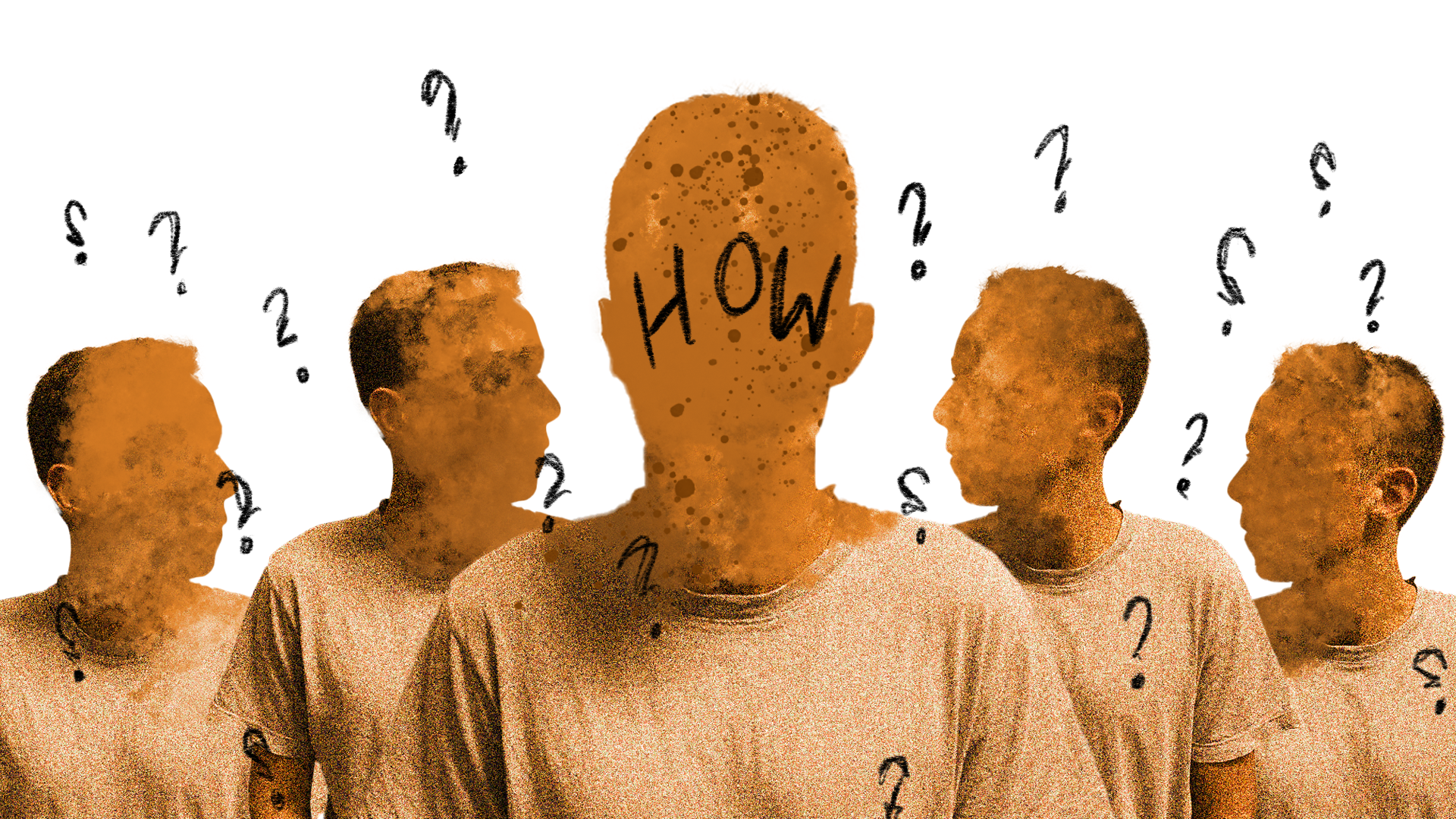When I left school, I signed two hundred blue shirts. I say two hundred, but this is probably a neat exaggeration. My last day was punctuated by permanent markers swapped between hands, first names and brief messages scrawled onto each other’s clothes. I remember how the black ink bled into the cotton. That evening, I stood in the shower and scraped at my torso, the messages ingrained on my skin.
My signed shirt lies before me as I write. Throughout school, my shirts were hand-me-downs from slightly (much) bigger friends: the label is a palimpsest of ironed-on name tags. I inspect this shirt, the names of the people I once knew. On the right arm, there is a message from a favourite teacher, his tidy cursive out of place amidst the dark scribbles.
This above all: to thine own self be true.
Ever since I studied Hamlet, I have resented those who take this platitude seriously. Where Polonius imparts this advice onto his son, a young adult about to leave home and enter the real world, he assumes that Laertes already knows who he is. Far from Hamlet’s own meditations on the shattered nature of being, Polonius implies a singular sense of identity — one that can remain intact from one place to the next, a core self to which we can stay true.
But when you leave school and enter university, what happens? When you abandon what you know, when you leave a sea of identical blue shirts, of people you have seen almost every day for the past six years, of recess and lunch and coming back home at three to a snack and a family, how can you stay the same? How do you make friends? Do you reinvent yourself? At university, how do you learn who to be?
In his 2022 memoir, Stay True, Hua Hsu asks these same questions. Hsu, a staff writer for The New Yorker, has penned a memoir of his time at UC Berkeley in the 1990s, though to call Stay True a mere depiction of Hsu’s campus experience would be reductive.
Many reviews have categorised Stay True as a study of friendship. The memoir does revolve around the murder of Hsu’s close friend, Ken, yet this tragedy is not what governs the novel: it is the little quirks of Ken’s identity, all intersecting with Hsu’s selves, that bear a lasting mark on the reader.
Where Hsu is the son of Taiwanese immigrants, and where Ken’s Japanese family has called California home for decades, their respective experiences of Asian-American identity collide. Hsu is all zines and baggy threads, arcane mixtapes and a reverence for Bay Area counterculture, while Ken is decked out in Polo and Timberlands, a frat boy and fan of the Beach Boys — despite their differences, little specks of their selves rub off on each other. They sing along to the radio together, they drive to 7-Eleven for cigarettes that they never smoke, and they sit on empty balconies and quietly chat. Speaking of Ken’s company, Hsu writes: “Maybe this is what it meant to be known, this feeling of being exposed and transparent.”
However, Hsu’s analysis of friendship serves to illustrate how a young self is formed. Where Hsu begins mentoring a group of thirteen-year-olds from a nearby school, where he enters a new relationship or finds a new album or the perfect scratchy cardigan, he adds to the layers of his self. As Jennifer Szalai suggests in The New York Times, Hsu writes of “all those moments and gestures that constitute experience, the bits and pieces that coalesce into a life.”
With new selves, though, old ones dissolve. When a child of immigrants moves into the world, perfecting this new language and learning to understand this society, they are torn from their cultural roots. Hsu writes, “You may master tenses and forms, grammatical rules, what passes for style. And yet consequently, you may struggle to hold a conversation with your grandparents.” Here, I am reminded of Annie Ernaux’s 1983 memoir, La Place, and how her education alienated her from her father: she writes, “I broke away from the things that were closest to me.” Although young adulthood can be a time of enormous possibility — a time, as Hsu puts it, of “self-discovery, self-creation, and revision” — loss is inevitable.
As I now move into my third year of university, I have not stayed true to any real self. Out of the two hundred blue shirts from school, I could count the ones I still know on two hands. I have met friends whose selves are miles away from mine, and specks of those selves have found their way into my own identity: a new saying, a little quirk. My desires have changed time and time again, from arts majors to music tastes and to rankings of my favourite books. With each choice, another fragment has been added to who I am. To me, and I think to Hua Hsu as well, this is the magic of university.





